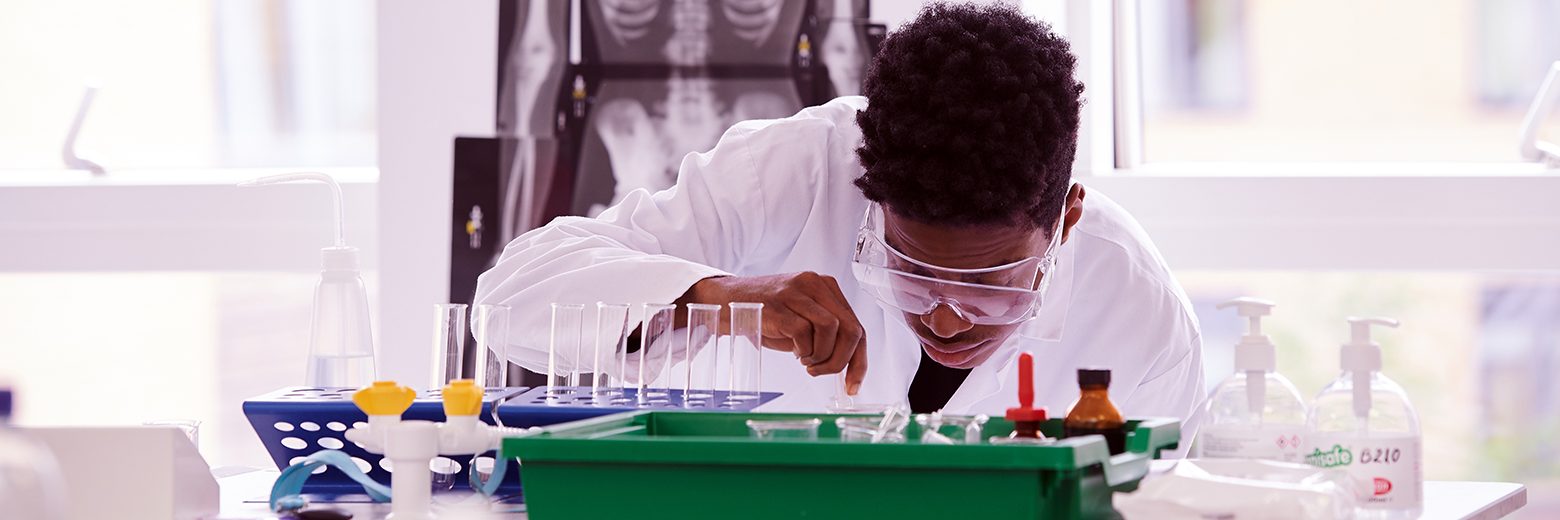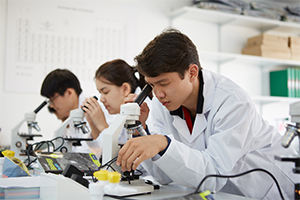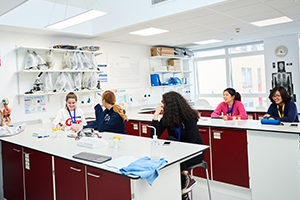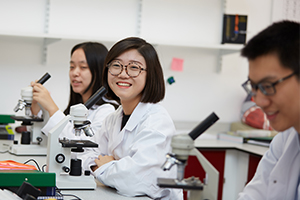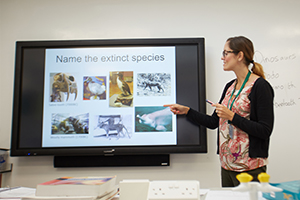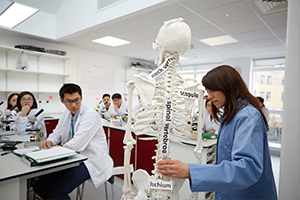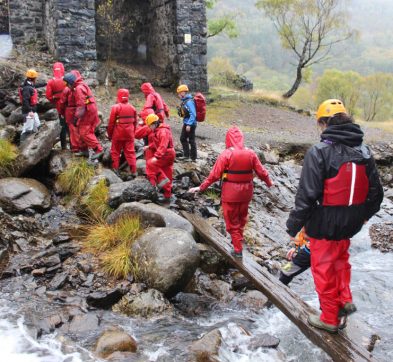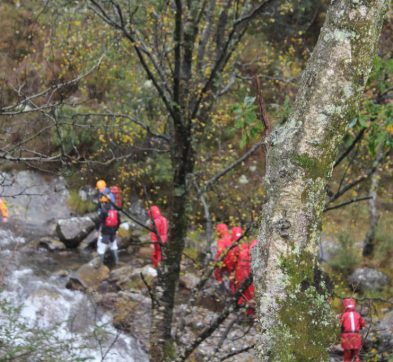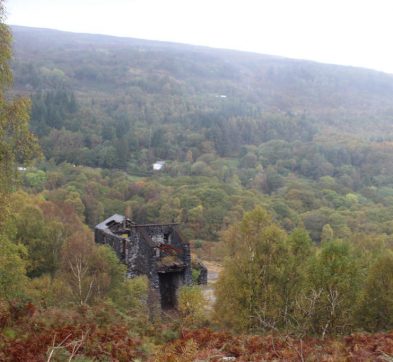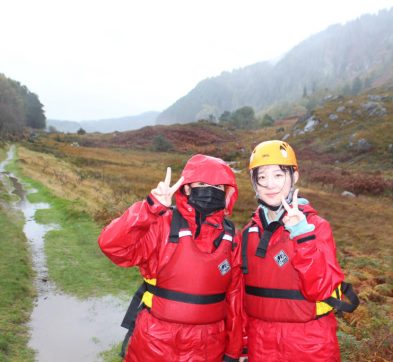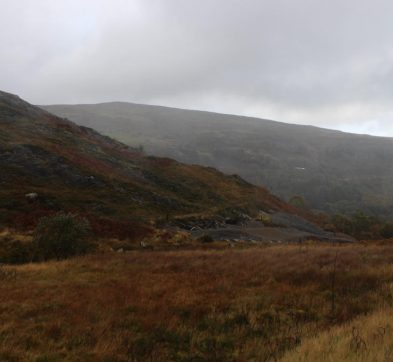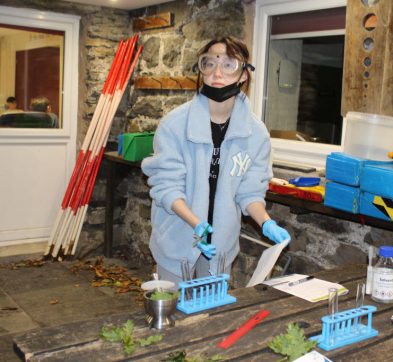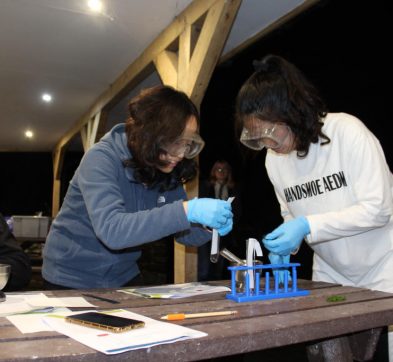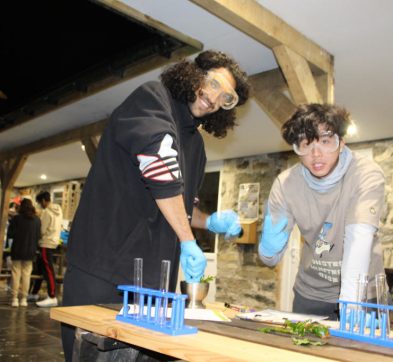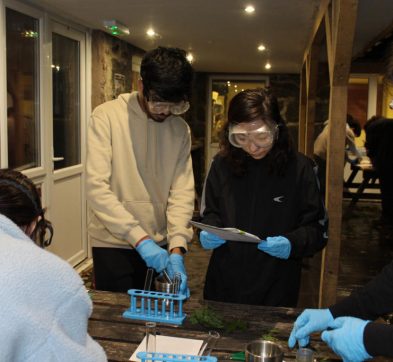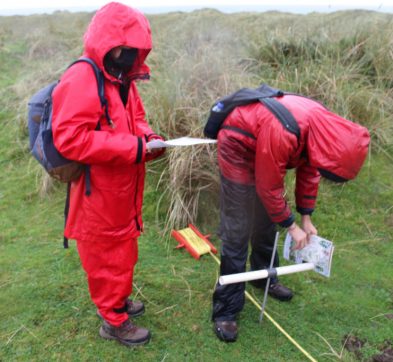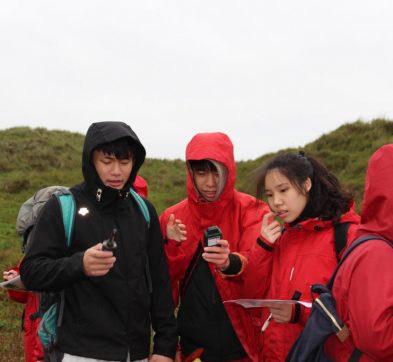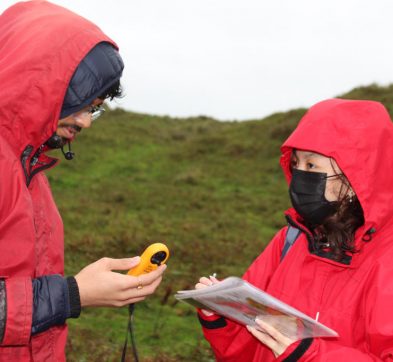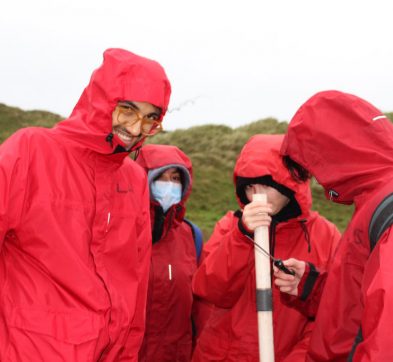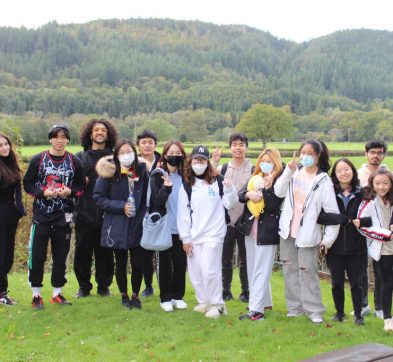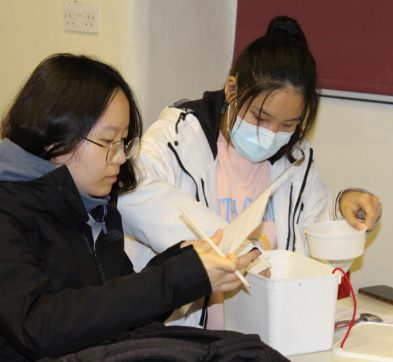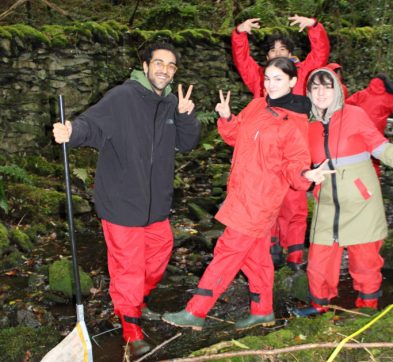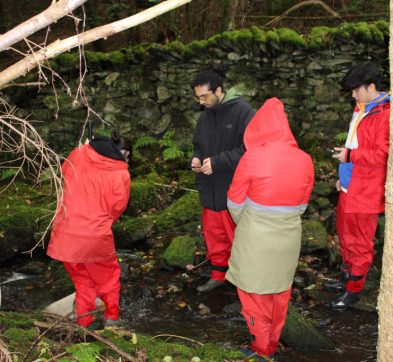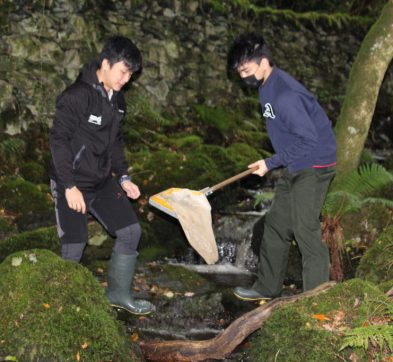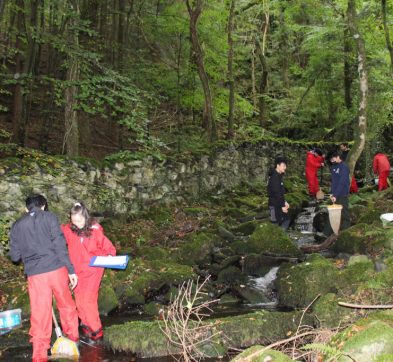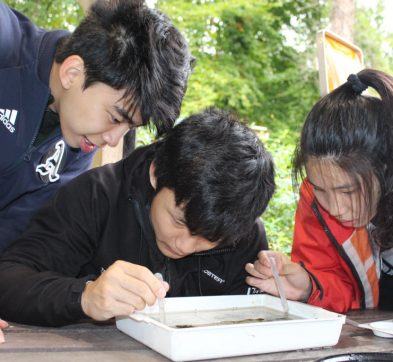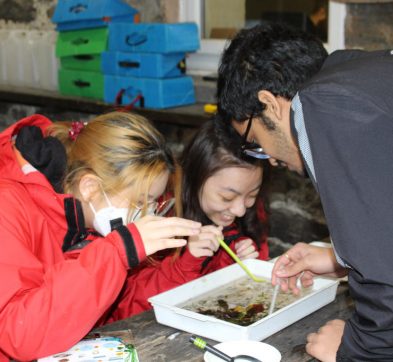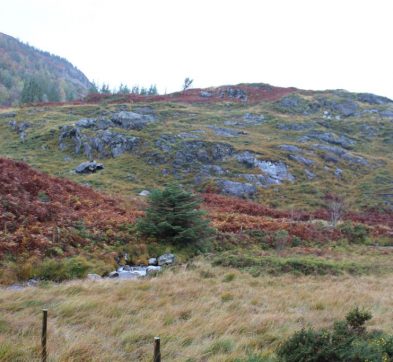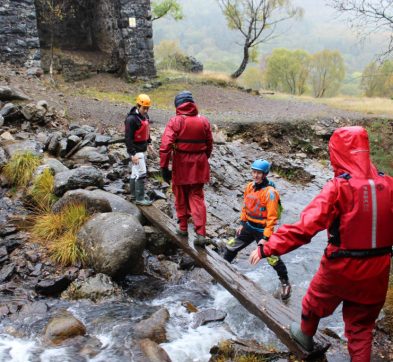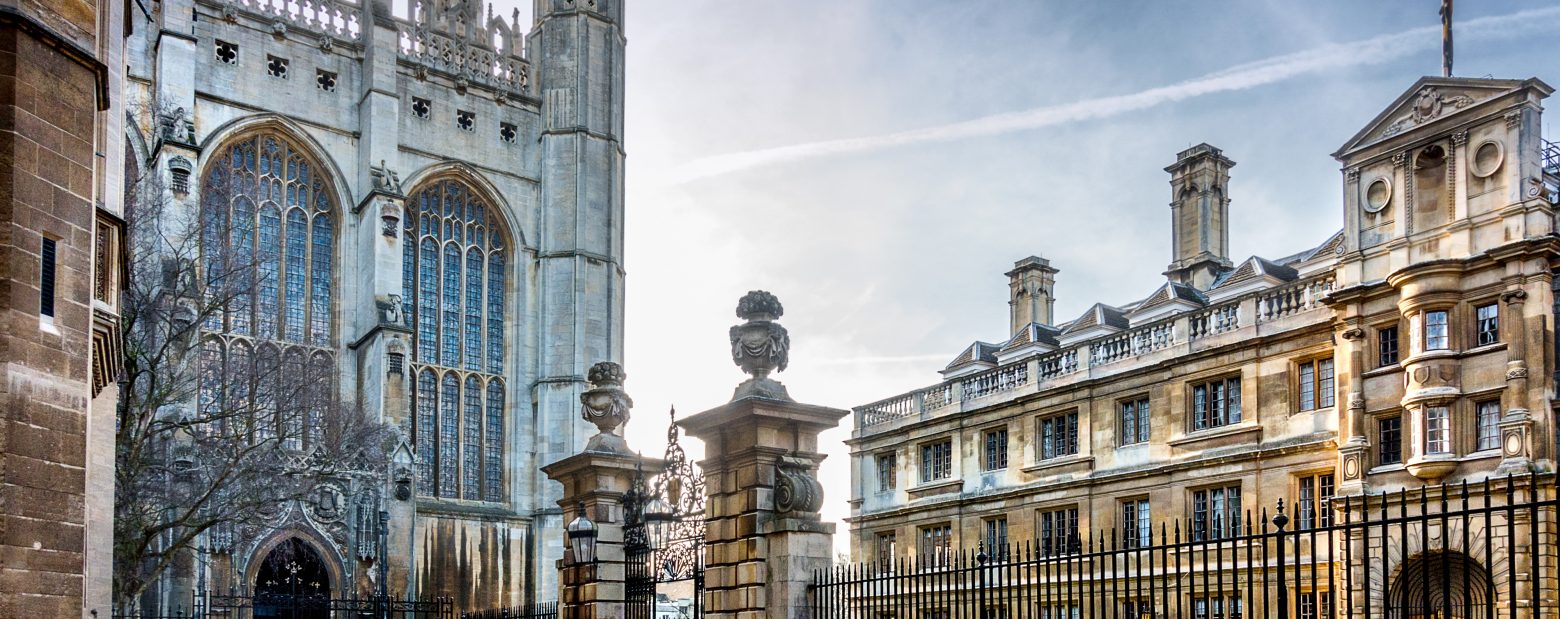A-Level Biology
Biology involves the study of a wide range of exciting topics; ranging from molecular biology to microorganisms to the macroscopic concepts of ecology, evolution and zoology.
We study the OCR Biology A Specification
WHAT IS A-LEVEL BIOLOGY?
A-Level Biology is the study of living things, and the processes which sustain them. Biologists try to understand every living organism we see around us, from the smallest bacterial cell to the largest mammal; from the tallest tree to microscopic algae. This is a fascinating, complex subject and involves studying everything from the molecular structure of cell components to animal behaviour and the interactions of organisms with their environment and each other.
A-Level Biology Subject Introduction
WHY STUDY A-LEVEL BIOLOGY?
Whilst A-Level Biology is essential for admission to courses such as Medicine and Dentistry, it is also a fascinating subject to study in its own right, and can lead to many interesting and rewarding careers. Disciplines as varied as Nursing, Conservation, Environmental Sciences, Zoo-Keeping, Botany, Agriculture and Forestry are all possible after studying Biology.
Additionally, an understanding of Biology will allow future generations to overcome the challenges posed by climate change, and the need to provide food for a growing population. A-Level Biology will give you a firm grounding in all aspects of the subject and prepare you to pursue more advanced study at university and beyond.
Meet our Head of Biology Simon Durdan
WHAT WILL I STUDY IN A-LEVEL BIOLOGY?
Our A-Level Biology course follows the OCR Specification. All living organisms have similarities in cellular structure, biochemistry and function; the first taught module of the Biology A-Level starts with an understanding that studying these similarities is fundamental to studying Biology. The first year of A-Level includes the study of:
- Foundations in Biology – including cell structure, biological molecules, nucleotides and nucleic acids, enzymes, biological membranes and cell division, cell diversity and cellular organisation
- Exchange and transport – including exchange surfaces, transport in animals, transport in plants
- Biodiversity, evolution and disease – including communicable diseases, disease prevention and the immune system, biodiversity, classification and evolution
The second year goes into more depth and allows you to study how plants and animals respond to stimuli. It also includes:
- Communication, homeostasis and energy – including communication and homeostasis, excretion as an example of homeostatic control, neuronal and hormonal communication, plant and animal responses, photosynthesis and respiration
- Genetics, evolution and ecosystems – including cellular control, patterns of inheritance, manipulating genomes, cloning and biotechnology, ecosystems, populations and sustainability
Assessment
The 2-year course is externally assessed by 3 examinations at the end of year 2. These exams are: Paper 1- Biological processes, Paper 2- Biological Processes and Paper 3- Unified Biology. Mid-way through the course, at the end of year 1, there are 2 school internal examinations used to assess student progress. These are: Paper 1- Breadth in Biology and Paper 2- Depth in Biology.
There is also a requirement to achieve a pass on the Practical Endorsement component following the successful completion of a minimum of 12 practical experiments from the 12 Practical Assessment Groups (PAGs).
VISITS AND FIELD TRIPS
Your lessons at Abbey Cambridge will not be confined to the laboratory; we attend talks at The Welcome Genome campus, welcome guest speakers such as those from the Understanding Animal Research Organisation and provide opportunities for students to attend the live stream of the MBL Insight lecture.
The highlight of our year is the residential field trip to the Rhyd-y-Creau field centre in Wales. Here students will sample a wide variety of ecosystems and organisms such as Kick sampling for invertebrates in a stream which runs through ancient woodland, measuring coastal succession using stratified sampling on the sand dune at Passmore overlooked by the castle at Haworth, rocky shore systematic sampling surveys on Anglesey Island as well a tranquil mountain side trek culminating in a memorable gorge scramble.
GOOD SUBJECT COMBINATIONS TO TAKE WITH A-LEVEL BIOLOGY
A-Level Biology is one of the most popular subjects in the country, attracting students taking a wide variety of other subjects. A-Level Biology is often chosen alongside another science and/or Maths. Geography is another popular choice, as there is overlap with the areas of ecology and physical geography. However, Biology works as a “standalone” science, and attracts students taking subjects as diverse as Art, Psychology and History.
A-Level Biology student Jacky shares his experiences of studying at Abbey College Cambridge. Jacky is now studying Medicine at the University of Cambridge.
A-LEVEL BIOLOGY RESULTS AND DESTINATIONS
| Year | A* | A*-A | A*-B |
| 2024 | 28% | 48% | 72% |
| 2023 | 16% | 63% | 89% |
| 2022 | 13% | 50% | 94% |
Recent destinations of our A-Level Biology graduates include:
University of Cambridge to study Medicine
University of Oxford to study Biology
Imperial College, London to study Bio-Chemistry
University of Nottingham to study Law
Royal College of Surgeons to study Medicine
UCL to study Applied Medical Sciences
During the October 2021 half term break, the Year 13 Biology students went to the Rhyd-y-Creuau field studies centre in Betws-Y-Coed, Snowdonia. There they explored a number of ecological contexts and conducted field work. The activities included River freshwater sampling of invertebrates, explored a rocky Shore at Penmon Point, Anglesey Island. They also surveyed the sand-dunes for succession at Morfa Harlech National Nature Reserve, conducted a chromatography experiment and set traps to capture mammals. They also completed a Gorge Scramble adventure activity. See the pictures below.

